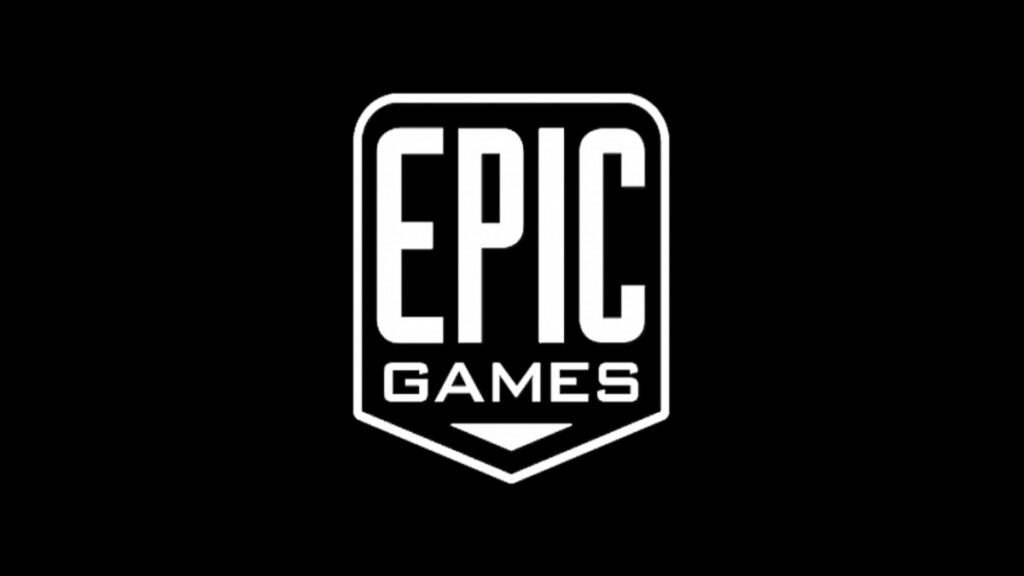
Just when it seemed like Epic’s case against Google was on the verge of a final victory for the developer —following the potential dismissal of Google’s appeal by the Supreme Court— the parties unexpectedly announced a settlement on Tuesday evening.
If Judge James Donato approves the proposed changes, Epic’s victory could become a long-term global success.
Judge Donato had previously granted Epic’s main claims. He issued a permanent injunction requiring Google to host competing app stores on its Google Play Store and provide them with access to its full app catalog.
Google was also barred from requiring developers to use Google Play Billing after a jury found the app store’s connection to the company’s payment system was unlawful.
However, these changes were only effective in the United States, were limited to three years, and did not affect the size of app store commissions.
Now Google has agreed to go further. The company will reduce its standard commission to 20% or 9%, depending on whether the purchase provides a significant gameplay advantage ( higher than a de minimis advantage ).
Google will also create a new program in the next version of Android that will allow alternative app stores to register and become full members of the ecosystem, allowing users to easily install their apps.
The main difference from the original ruling is its global scope. The program for registered merchants and reduced commissions will be in effect worldwide until June 2032, or for six and a half years.
” If the court approves this proposal, our dispute will be resolved ,” Android President Samir Samat wrote Tuesday evening. Epic CEO Tim Sweeney also confirmed that Google has made an excellent offer that ” returns Android to its original vision of an open platform, with global support for third-party stores, reduced fees, and the ability to offer alternative payments .”
The fee details are quite complex and are partly tailored to the needs of game developers like Epic. Google may charge 20% if a purchase provides more than a minimum in-game benefit, or 9% otherwise. Apps and subscriptions through Google Play will be charged a 9% fee, but an additional 5% may be added for using Play Billing.
For reference, Google currently charges 15% for subscriptions and 15% of the first $1 million in annual revenue for developers, and then 30%.
By using an alternative payment system, developers won’t pay any payment processing fees , although Google reserves the right to charge a service fee. The company may even receive a percentage if a user redirects to the developer’s website and pays for the purchase within 24 hours.
The settlement addresses one of Epic’s main arguments against major app stores: the problem of “creepy screens” and the difficulty of installing third-party app stores. Starting with the next version of Android and until June 30, 2032, Google will modify the operating system to allow users to install registered app stores from its website with a single click, using neutral language, and the store will automatically be granted permission to install apps.
Many of Epic’s other victories remain valid. Google must stop sharing money or privileges with phone manufacturers, carriers, and app developers in exchange for exclusivity or pre-installation on Google Play. Developers can also disclose prices to their customers outside the Play Store.
Google and Epic will discuss this proposal with a judge on Thursday, November 6. If the deal is approved and the fees are actually significantly lower, it could create a ripple effect throughout the industry and force Apple, Sony, Microsoft, Nintendo, and Valve to reconsider their policies.
Follow us on Google News to receive daily updates on cybersecurity. Contact us if you would like to report news, insights or content for publication.
